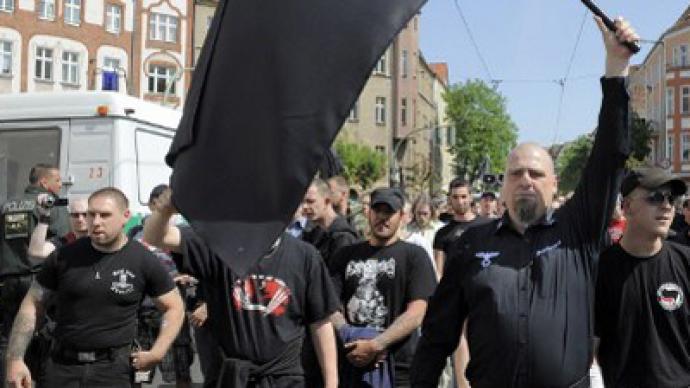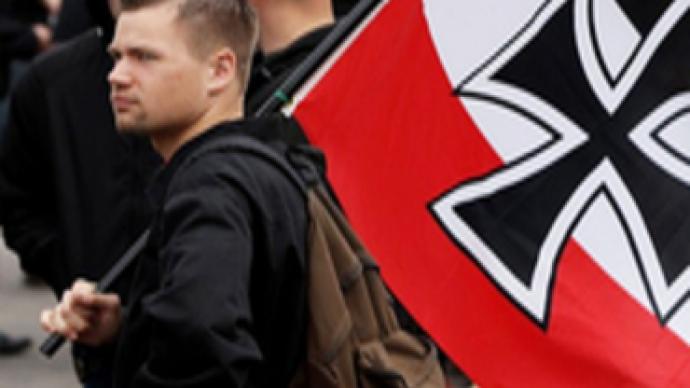The United Nations General Assembly has passed a Russia-sponsored draft resolution against the glorification of Nazism and attempts to rewrite WWII history.
The document states that any attempts to revise the history for war, the Nuremberg decisions and to whitewash former Nazis must be considered as violations of the UN Charter and the principles on which it was established, reports Itar-Tass.The resolution on "Inadmissibility of certain practices that contribute to fuelling contemporary forms of racism, racial discrimination, xenophobia and related intolerance" was supported by 120 states in the Third Committee of the UN GA. Twenty-two countries – including the Baltic states – said “no” to the document, while 31 UN members abstained.It becomes increasingly frequent that monuments to the Nazis are unveiled in a solemn atmosphere, the days of liberation from the Nazi forces are declared days of mourning, and people who oppose the trend face arrests, Russia’s representative to the UN Grigory Lukyantsev pointed out prior to the vote. “To add more, in some countries they are trying hard to raise to the rank of …heroes of the national liberation movement those who fought against the anti-Hitler coalition or collaborated with the Nazis," he is quoted as saying. Lukyantsev stressed that it is "not about political correctness, but very frank and cynical blasphemy towards those who liberated the world from the horrors of National-Socialism." It is also about criminal acts within the meaning of Article 4 of the International Convention on the Elimination of All Forms of Racial Discrimination. The Russian representative called “untenable” attempts by some politicians to convince the international community that the glorification of the Nazism is only an implementation of the right to freedom of expression and Nazi marches – the freedom of assembly and association. Lukyantsev suggested that authors of such statements should "read once again the UN Charter, the human rights provisions of which are a direct response to the horrors of World War II and to the horrific crimes committed by the Nazi regime." "Let's not forget about what has been worked out in suffering and written in blood in the literal sense of the word," he concluded.Nationalist and neo-Nazi movements have been on the rise in some former Soviet republics since the disintegration of the USSR. It has become a common trend in, for instance, western Ukraine and the Baltic states to claim that the Soviet period was even worse than the Nazi occupation.SS marches glorifying Nazi legions are no longer uncommon in Latvia and Estonia. Not long ago, a small town in the western Ukrainian Lvov region changed the name of Peace Street to the Nachtigall Battalion Warriors Street, which is named after members of the auxiliary formation that fought alongside the Nazis in WWII. The victory in the bloodiest war in the history of humanity – where representatives of different nationalities and religions fought shoulder to shoulder against the common enemy – cost the Soviet Union over 20 million lives.


